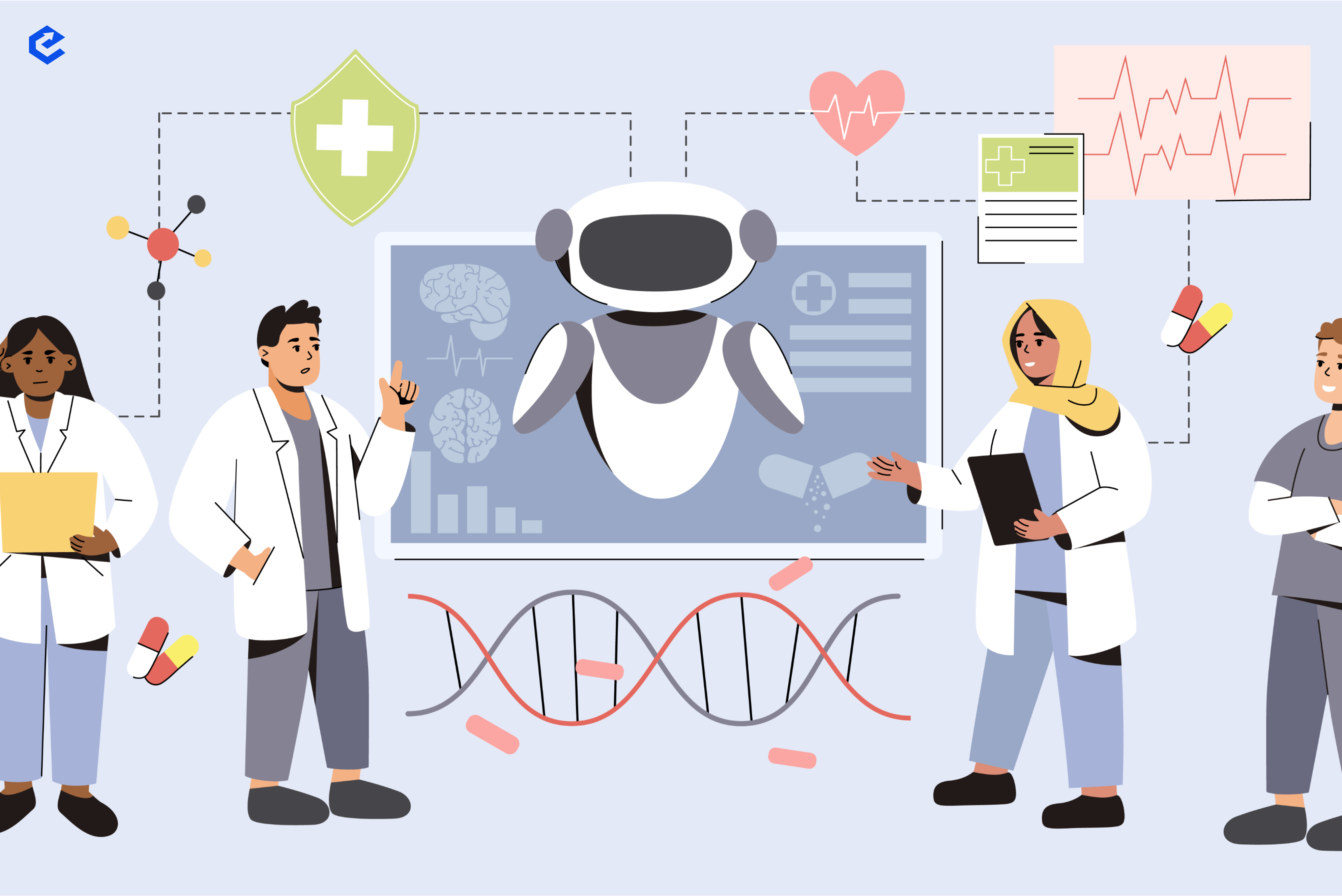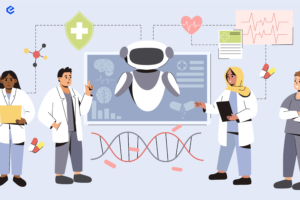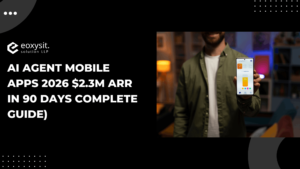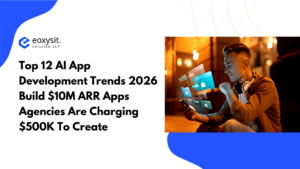AI in Healthcare USA: Transforming Patient Care and Operations in 2025
The Rise of AI in Healthcare Across the USA
Healthcare systems throughout the USA are in the midst of a digital revolution, with artificial intelligence AI) positioned as a game-changer in 2025. Hospitals, clinics, insurers, and startups nationwide are deploying advanced AI tools, moving beyond pilots to system-wide integration. The result Faster diagnoses, more personalized treatments, streamlined hospital operations, and a renewed approach to patient engagement—all forming the backbone of a more resilient, equitable healthcare system in the United States.
How AI is Reshaping Diagnosis and Decision-Making in the USA
In the USA, leading medical centers are harnessing AI to interpret medical scans, detect cancers, and diagnose rare diseases with unprecedented precision. AI algorithms—trained on vast, diverse datasets drawn from American hospitals—are regularly outperforming or assisting radiologists, pathologists, and cardiologists in interpreting X-rays, MRIs, mammograms, and CT scans. These intelligent systems spot patterns invisible to the human eye, aiding in the early detection of critical illnesses such as lung cancer or diabetic retinopathy.
Furthermore, the integration of AI tools into Electronic Health Record EHR) systems is streamlining the workflow for U.S. healthcare professionals. AI analyzes doctor notes, clinical histories, and lab results, providing real-time diagnostic support and surfacing relevant medical literature—helping doctors make better-informed decisions for every patient encounter.
Personalized Medicine in the American Context
The worldʼs shift toward personalized medicine is happening at scale in the USA thanks to AI. Machine learning models are processing genomic information, environmental data, and lifestyle factors to recommend the most effective therapies for each patient. Whether informing targeted cancer treatments at top research hospitals or adjusting medication doses in remote clinics, AI brings a level of customization thatʼs revolutionizing care.
Drug discovery is also seeing rapid acceleration in the USA. Pharmaceutical firms and academic consortia are using deep learning to model molecular interactions and screen drugs, speeding up the process from years to months—with therapies making it from lab to market faster for American patients.
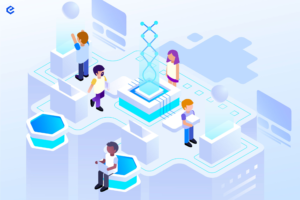
Operational Efficiency: AIDriven Hospitals and Clinics in the USA
Healthcare facilities across the USA are using AI to address chronic challenges—ranging from staff shortages to unpredictable supply chains. Intelligent scheduling systems predict patient flow and optimize staffing based on local trends and national best practices. AI manages supply inventories, foresees equipment shortages, and detects billing anomalies, all helping to reduce costs and improve outcomes in the uniquely complex American healthcare market.
Speech recognition tools powered by AI now transcribe doctor-patient conversations, automatically generate documentation, and reduce administrative burdens—allowing clinicians to spend more time with patients rather than on paperwork.
USAʼs Embrace of Virtual Health and Remote Patient Monitoring
The surge in telehealth across the USA—catalyzed by the COVID19 pandemic—has made AI powered virtual care ubiquitous. American patients, whether in rural Montana or urban New York, use AI chatbots and virtual assistants to navigate insurance, book appointments, and manage chronic conditions. Advanced wearables and remote monitoring platforms—many developed by U.S. tech giants—collect health data for AI algorithms to analyze, sending alerts when intervention is needed.
AI-driven tools in the USA are especially beneficial in supporting elderly care and chronic disease management. They empower patients to remain independent longer and reduce unnecessary hospital readmissions, directly improving national healthcare efficiency.
Managing Population Health and Public Health Emergencies in the USA
AI plays a strategic role in American public health, with platforms that analyze epidemiological data, mobility trends, and social media signals to monitor and forecast disease outbreaks. Health agencies at both federal and state levels use these insights to allocate resources, target interventions, and enact timely public health policies—for instance, during flu surges or new pandemic threats.
Population health programs leverage AI analytics to identify at-risk groups, close care gaps, and advance health equity—supporting ongoing efforts to make healthcare more accessible across Americaʼs diverse landscape.
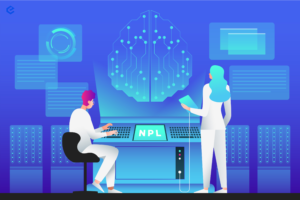
Patient Privacy, Security, and Responsible AI in the US Healthcare System
The adoption of AI in healthcare USA comes with a strong emphasis on ethical, transparent, and legal compliance. HIPAA (the Health Insurance Portability and Accountability Act) and related state privacy laws shape how startups, payers, and providers deploy AI, mandating consent, robust data encryption, and model explainability. American medical organizations and regulators are leading global discussions on responsible AI—working to ensure fairness in training data, address potential algorithmic biases, and protect vulnerable populations.
Adoption Challenges and The Road Ahead
Rolling out widespread AI in healthcare USA is not without hurdles. Legacy IT systems, fragmented health data, and varied interoperability standards across states create barriers. Rural and underserved communities often face infrastructure gaps. U.S. hospitals must invest in staff training and user friendly digital tools to fully realize AIʼs promise.
Despite these challenges, trends point toward rapid, continued adoption. Partnerships between government agencies, technology firms, insurers, and healthcare providers are fueling innovation around cybersecurity, interoperability, and regulatory approvals. Ongoing federal research programs and investments—along with a robust startup ecosystem—keep the USA at the forefront of medical AI breakthroughs.
The Future: Human-AI Collaboration for the Next Generation of Healthcare in the USA
AI will not replace U.S. healthcare professionals—rather, it will free them to work at the top of their license, focusing on direct patient interaction, complex diagnostics, and research. The synergy between human expertise and AI models will accelerate discovery, close care gaps, and improve outcomes—making U.S. healthcare more personalized, proactive, and equitable.
Conclusion: AI and the Future of Healthcare in the USA
By 2025, AI is powering a healthcare transformation across the USA. From assisting in surgery and automating routine tasks to predicting epidemics and supporting lifelong wellness, artificial intelligence is driving breakthroughs that benefit patients, practitioners, and the nation as a whole. Success in healthcare USA now hinges on thoughtful integration of AI, ongoing commitment to ethics and equity, and a relentless focus on delivering meaningful, measurable value to all Americans.
Are you ready to participate in the AI healthcare revolution in the USA? The time to innovate— and to lead—has never been more promising

